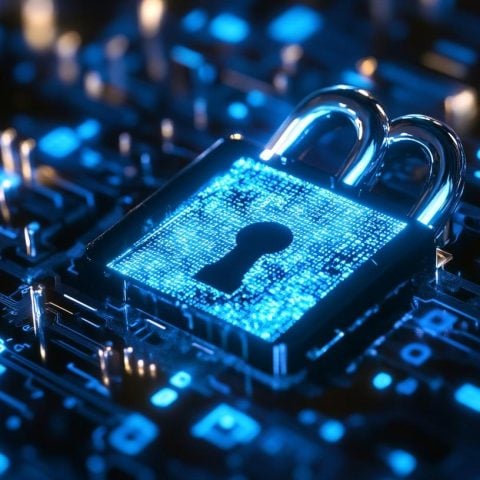Dubai has emerged as a formidable contender in the global race to dominate the blockchain industry. With the introduction of a comprehensive regulatory framework specifically focused on digital assets, the city is making significant strides to position itself as a hub for blockchain innovation.
Key to this strategy is the establishment of a dedicated digital assets regulator. This entity has been tasked with overseeing the burgeoning blockchain sector, ensuring that businesses have a clear set of guidelines to operate within. By setting up this regulatory body, Dubai is not just aligning itself with the future of digital transactions but also intending to provide a secure environment for blockchain companies.
This regulatory clarity has already attracted leading industry players to the emirate. Notably, Binance, one of the world’s largest cryptocurrency exchanges, has made strategic moves to cement its presence in Dubai. The company sees the city’s regulatory advancements as a pivotal element in its strategy for expansion in the region.
The emirate’s leadership recognizes the transformative potential of blockchain technology across various industries, from finance to logistics. Through a combination of forward-thinking policies and strategic partnerships, Dubai is set on a path to not only attract blockchain businesses but also to foster a thriving ecosystem that encourages innovation and growth.
As nations worldwide grapple with how best to integrate and regulate digital assets, Dubai’s proactive approach may well set a benchmark. With these foundational steps, the city is on the cusp of ushering in a new era for the blockchain space.
How Dubai’s Blockchain Dominance Could Revolutionize Your Everyday Life
As Dubai positions itself as a global leader in the blockchain industry, the ripple effects of its initiatives are likely to impact various aspects of life, both locally and internationally. But what are the lesser-known aspects of this movement, and how might they alter the economic and social landscape?
Revolutionizing Everyday Transactions
One of the most intriguing possibilities is how Dubai’s blockchain embrace could transform everyday transactions. Imagine a world where asset purchases, from real estate to automobiles, are recorded on the blockchain, drastically reducing transaction times and increasing transparency. With the emirate blazing this trail, it could establish standards that economies worldwide may follow, streamlining processes for better efficiency.
Impact on Employment and Skill Requirements
As Dubai invests heavily in blockchain, there is a growing demand for skilled professionals in the tech industry. This shift is not just limited to blockchain programmers; it also spans marketing, compliance, and cybersecurity roles that are critical to the digital asset ecosystem. As a result, educational institutions may revamp curricula to focus more on technological competencies, preparing future generations for a predominantly digital economy.
Will Blockchain Intensify Economic Divides or Bridge Them?
A controversial aspect of this blockchain revolution is its potential to either exacerbate economic disparities or help in bridging them. While large corporations and tech-savvy businesses are likely to benefit immediately from blockchain’s transparency and efficiency, smaller enterprises without the resources to adapt quickly may face challenges. Conversely, the democratizing power of blockchain—enabling peer-to-peer transactions without intermediaries—could offer new opportunities for startups and entrepreneurs globally.
What Are the Environmental Repercussions?
Blockchain technology, particularly cryptocurrencies, has come under scrutiny for its environmental impact, primarily due to the energy-intensive nature of blockchain mining. Dubai’s push towards blockchain innovation could compel the emirate to explore more sustainable practices, possibly spearheading innovations in green technology as part of its strategy. This raises the question: Can technological advancement be environmentally responsible?
The New Age of Global Trade Networks
With Dubai at the helm of blockchain integration, global trade networks could experience unprecedented changes. Utilizing blockchain for tracking the origin and journey of goods enhances transparency and reduces fraud, establishing more trust in international transactions. By setting a regulatory precedent, Dubai could influence how other countries approach blockchain in trade, fostering a new era of global collaboration.
Links to Learn More
– IBM: Known for its blockchain solutions in various sectors.
– CoinDesk: Stay updated with blockchain and cryptocurrency news.
– Forbes: Offers insights into the latest business and technology trends.
As Dubai’s blockchain journey progresses, it propels a wave of change that could redefine technological adoption, business practices, and everyday life. While challenges remain, the emirate’s developments pose exciting possibilities for the future, leaving a mark on industries far beyond its borders.

















